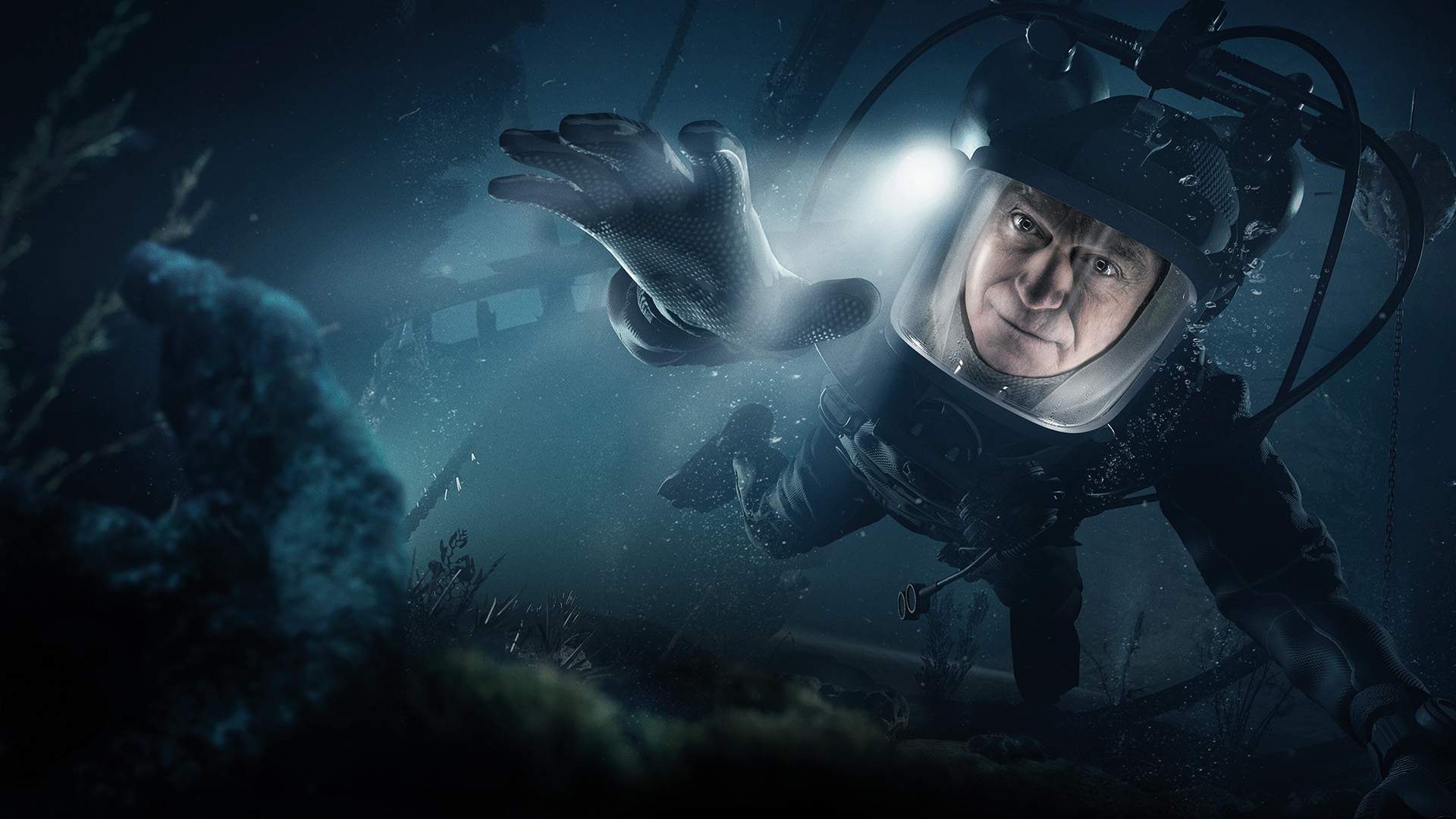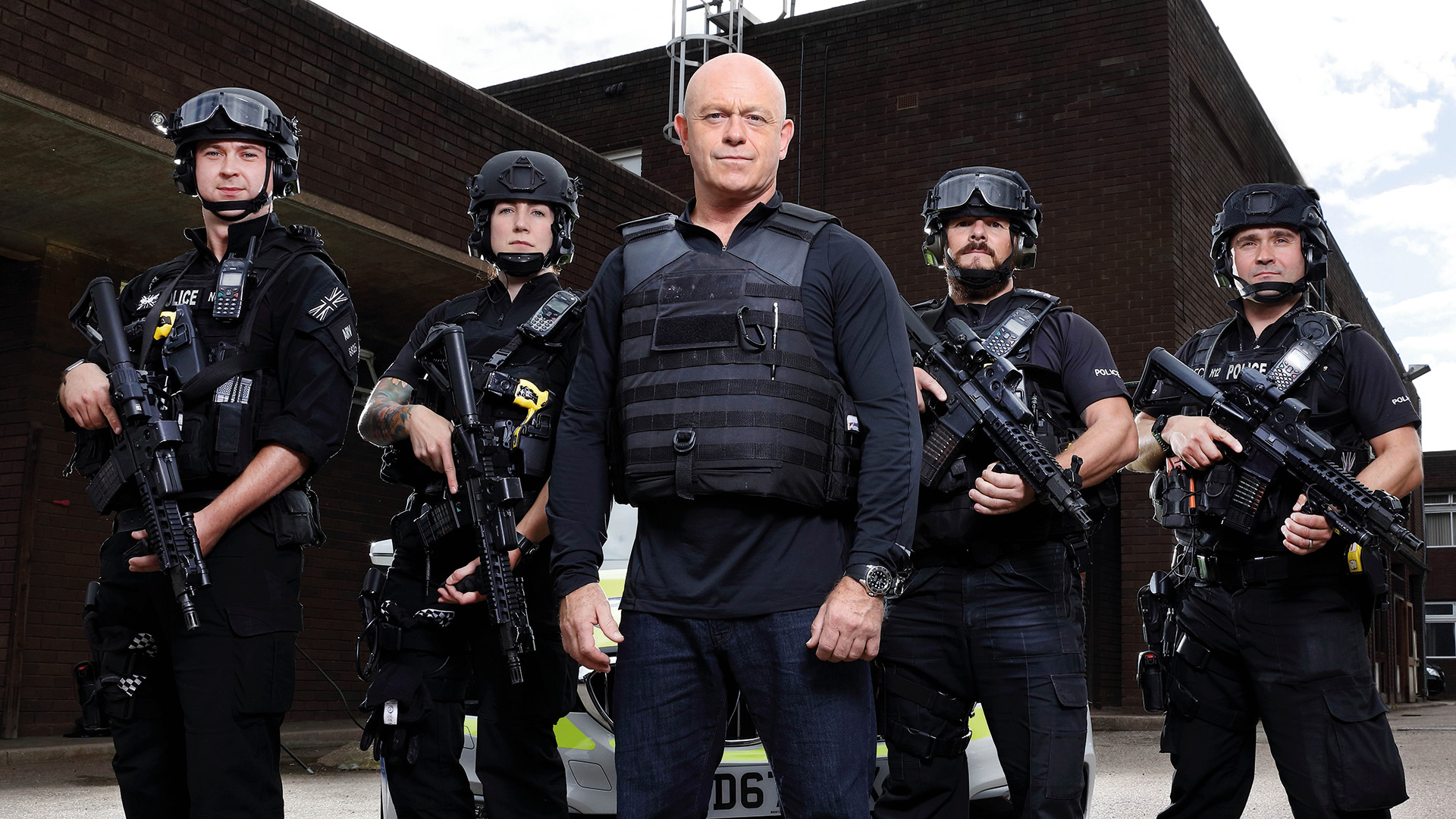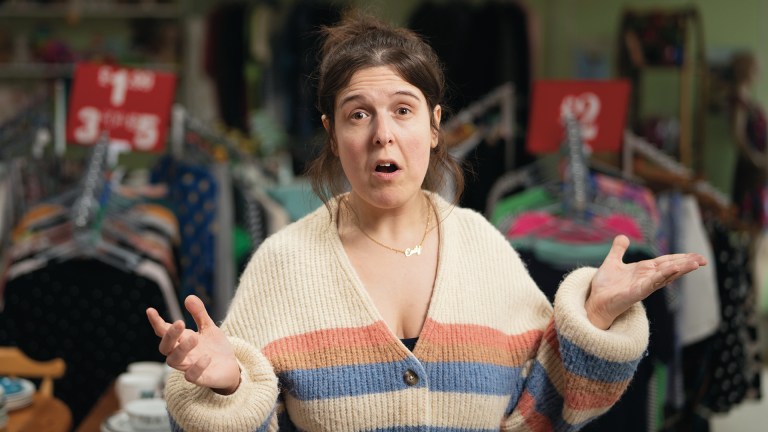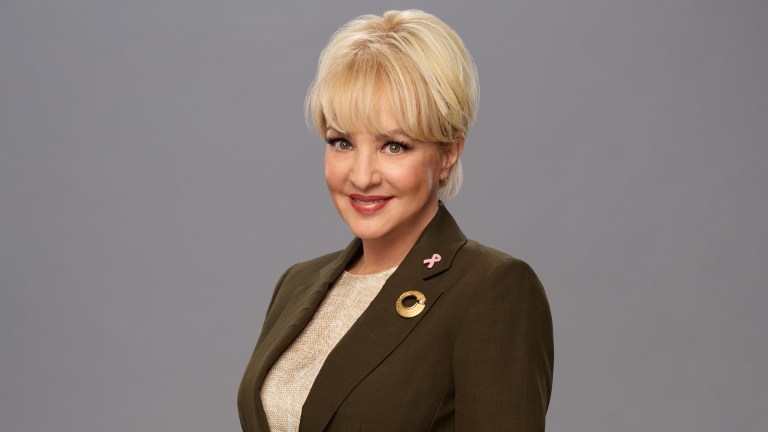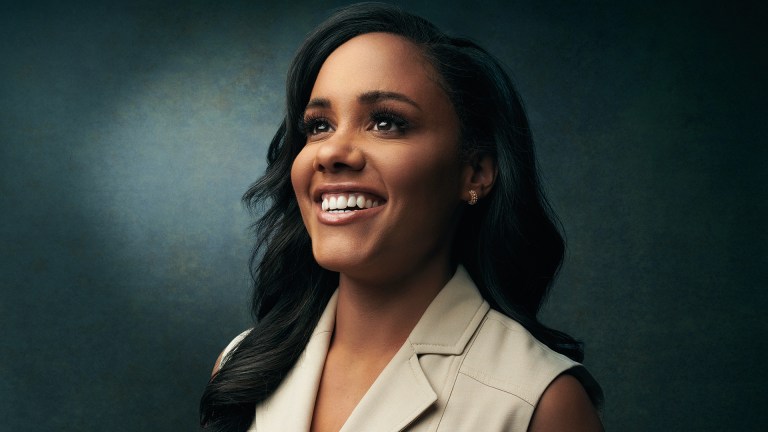It must, you think, be weird to be Ross Kemp. One minute you’re a TV mechanic married to Martine McCutcheon, the next, you’re in LA talking to some kid who’s prepared to go to battle to the death with a rival gang and wondering, “How did he end up like this? Why him and not me?” A few years later, and you’re looking a warlord in the eye in the Congo, then shivering on a Cardiff street, posing as a rough sleeper as everyone pretends not to see you. Then you’re presenting a primetime Saturday night celebrity quiz show, and then you’re diving the site of the most British shipwreck of all time, Henry VIII’s Mary Rose, and worrying because your nose is too squishy for the “snot block”.
“Yeah, the snot block,” says Kemp, demonstrating for me. “When you’re diving, normally you pinch your nose to equalise the pressure in your ears, but we use full face masks, so obviously you can’t. So they have this thing called a ‘snot block’, you press your nose against it to create the seal so you can equalise the pressure, only…” here he pushes in his own nose, which does, indeed, squish down against his face. “My nose is too squishy for it. Great if you’re a boxer, rubbish if you’re a diver.”
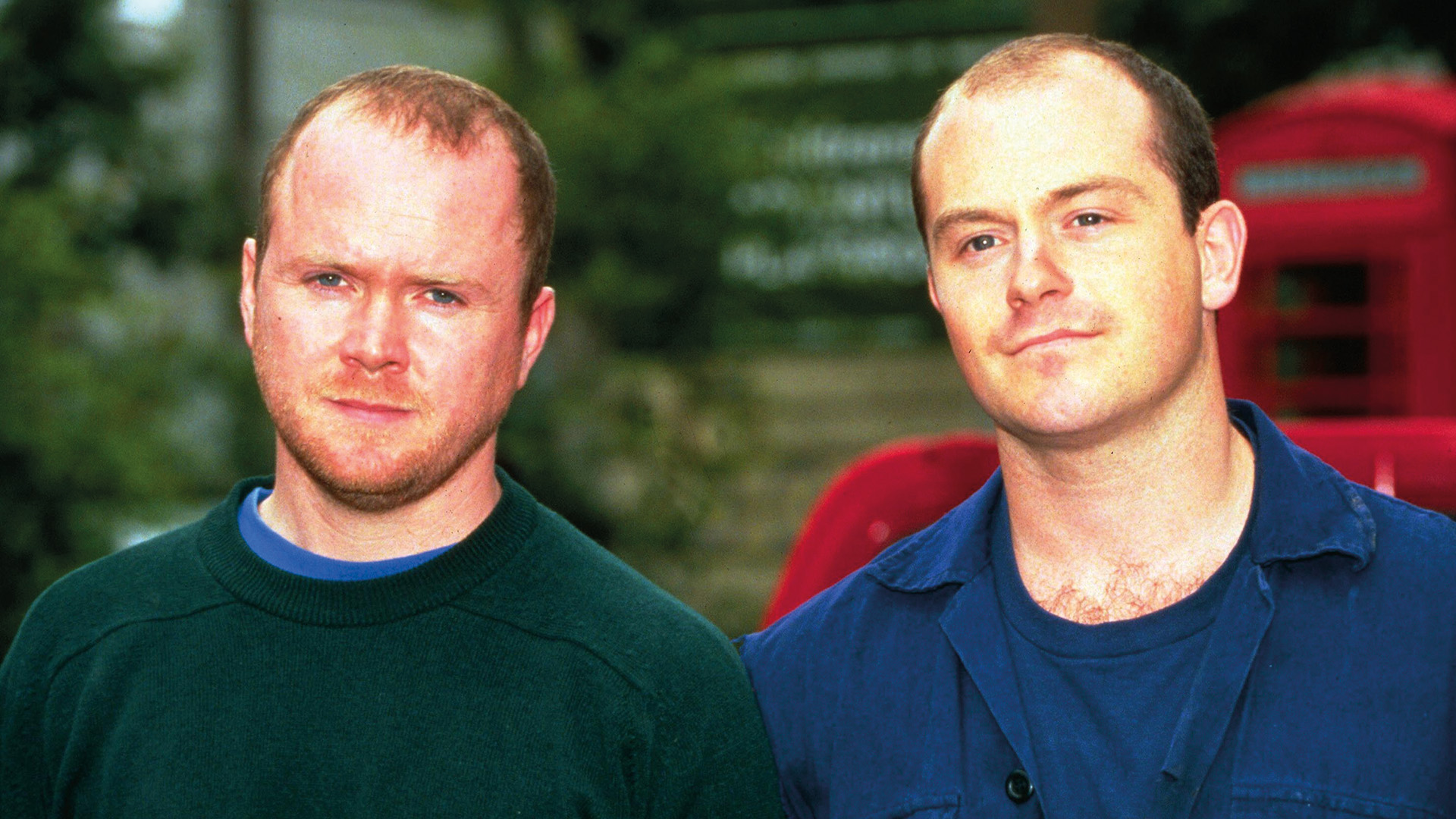
Snot blocks. Wreck diving. Maritime history. It’s just another set of skills picked up by the closest thing British television has to a Swiss army knife. April 10 sees the second series of Kemp’s latest documentary series, Ross Kemp: Deep Sea Treasure Hunter, come to Sky History, in which the actor/documentarian combs the sunken mysteries of the deep, exploring shipwrecks around the world. This series takes him from the resting place of the Mary Rose at the bottom of a freezing Portsmouth harbour to risking shark attack as he searches the wreck of the SS Carnatic in the Red Sea, to the coast of Normandy to explore vessels sunk on D-Day.
Kemp, who became a fully qualified and accredited diver for the project, might seem a weird choice at first for a show that is primarily about archaeology, but as with all his documentaries, that’s exactly why it works. He may have got the diving down, but he’s no historian and as he picks through the past, learning as he goes, so do we.
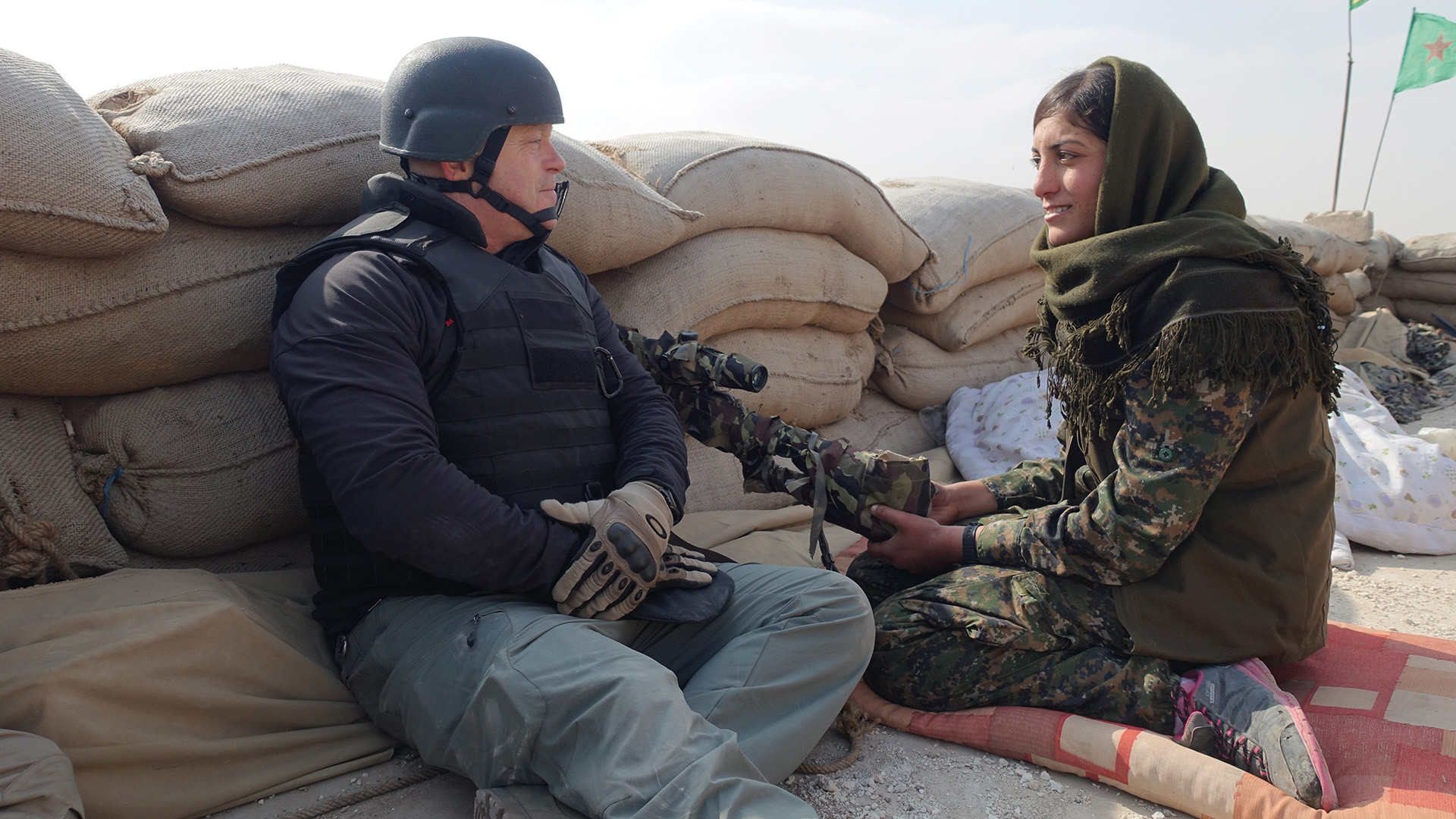
“My job is to be a conduit for what Mallory is saying,” he says of his marine archaeologist co-star, Mallory Hass. “I’m there to contextualise what she’s saying and pass it on to an audience.” It’s a responsibility Kemp finds thrilling. “I do find it kind of annoying how many times I go ‘wow’,” he admits, “but I don’t think you can lie about the excitement that you feel when you find something or touch something, particularly on the Mary Rose. You’re touching something that hasn’t been seen or used by another human being for 500 years. For me, who grew up as a lover of history, it’s like shaking hands with ghosts. And it’s all tangible storytelling – real history happening in front of you. Everything we find is genuine. You couldn’t fake it.” He stops for a second, and in a deadly serious tone that is pure accidental Alan Partridge, adds “It would be against Ofcom regulations.”
These days, Kemp is as well known for his documentaries as he is for his time on Albert Square, where he played mechanic/landlord/unstable hardcase Grant Mitchell for over a decade. He fell into the documentary game almost by accident. Fresh from EastEnders, back in 2002, he was asked to make a series about America’s gun problems. “I met a member of the of [LA gang] the Bloods, who had been shot 26 times,” he explains. “He befriended me, I befriended him, I worked out that if this guy had been born somewhere else, he’d probably been a skilled schoolteacher or a doctor or something and maybe have more value to society than a gang member.”
